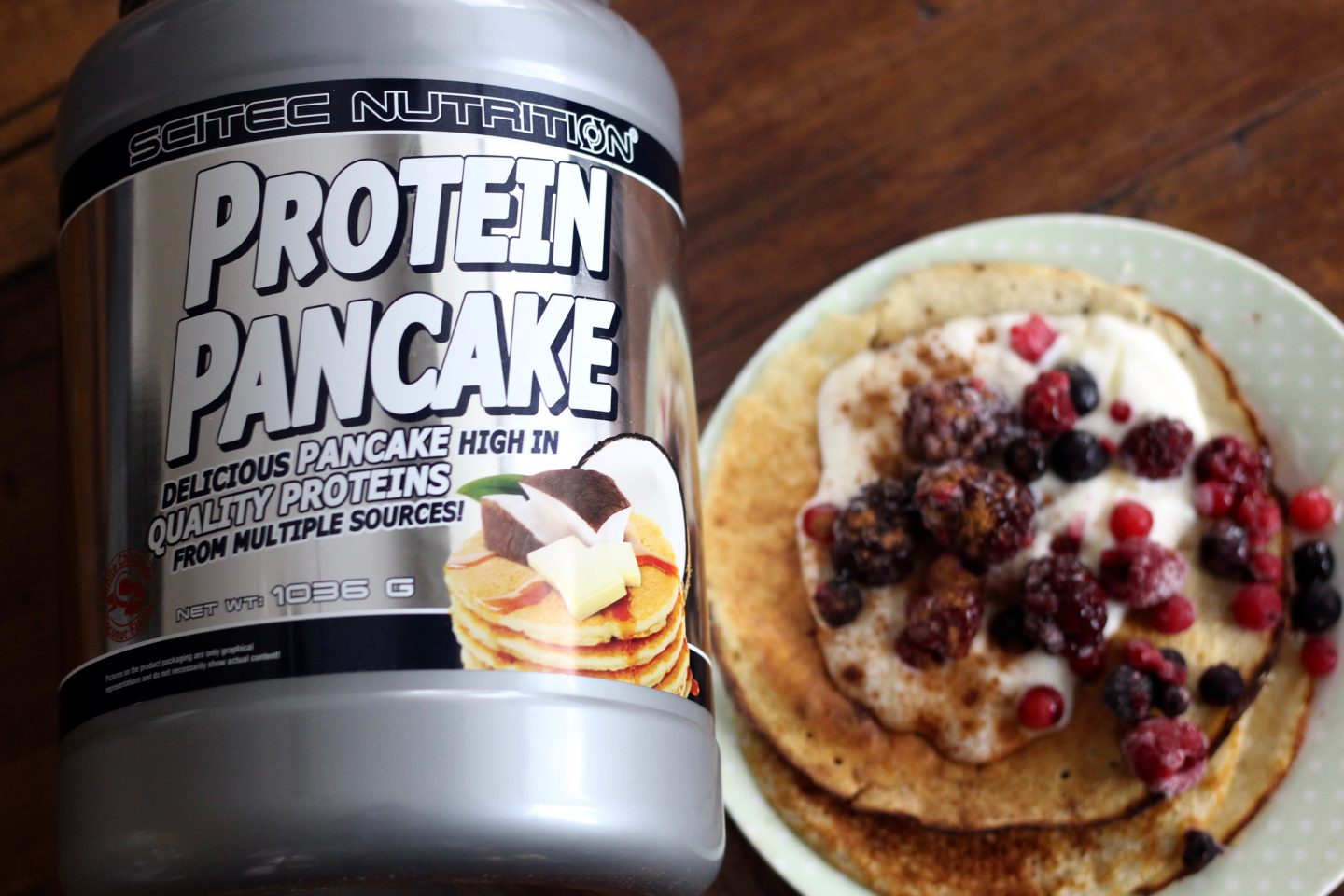
Whey protein is one of the proteins found in milk and it is the water-soluble part of milk. Protein, which breaks down into amino acids in the body, is involved in muscle growth and repair with specific amino acids such as leucine acting to encourage muscle growth. Whey protein can be used as a protein supplement in order to meet daily protein goals and is absorbed relatively quickly. As well as helping with muscle growth, whey protein can help to preserve lean muscle tissue when losing weight (fat).
If you’re meeting your daily protein needs through your diet already then you don’t need a protein supplement. If not though, whey protein supplements can be a convenient, low calorie and low volume way of helping you to achieve your daily protein needs. Some people like to use protein powders as a meal replacement, however as they are not fortified, I would suggest adding fruit, leafy greens such as spinach, and milk to them to make them more nutrient dense.
How much protein (from both food and supplements) an individual needs depends on a many factors including activity levels, size/weight and health conditions such as renal disease (where protein intake may be restricted). The consensus at the 2010 IOC Conference on Nutrition in Sport was that those who exercise regularly have higher protein requirements (1.3g-1.8g/Kg of body weight a day) than the general population (0.8g/Kg of body weight a day). People with a BMI of over 30 though should base their protein goals on their lean mass (body weight minus fat mass) or a healthy weight for their height. Ideally we should distribute our protein intake evenly between meals and snacks over the day, to aid digestion.
Above: Scitec Nutrition Protein Pancakes
Most people who are not familiar with using protein powders, typically shy away from them, seeing them as for people who are looking for muscle building and growth. Whilst they can actually accomplish many things like muscle recovery etc. For more information check out the infographic below.


